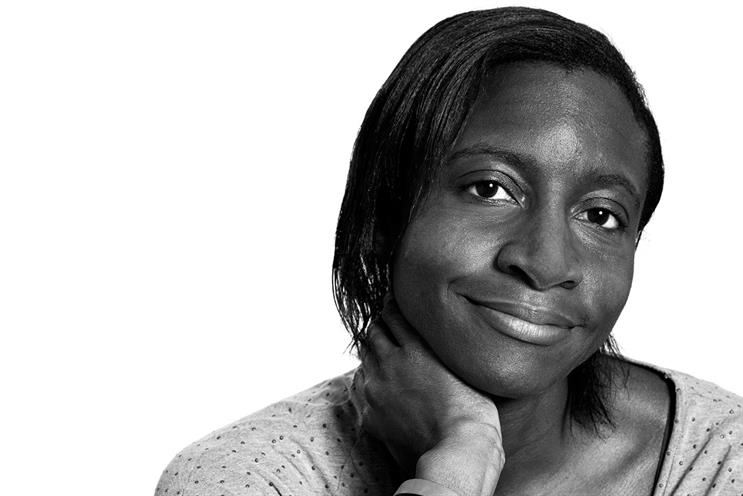Remember that image of those separated golden arches that McDonald’s put out on social media in the early days of the Covid crisis back in March?
For those lucky enough to have missed this, the brand’s Brazilian arm and its agency DPZ&T thought it would be a good idea to split the burger chain’s logo to illustrate the importance of social distancing. Turned out it wasn’t.
Widespread Twitter mockery and outrage followed the release of the picture before the inevitable apology from McDonald’s for any “misunderstanding”.
The problem with those arches was that they did nothing, changed nothing, achieved nothing. At a time when the world was entering scary and unprecedented times, it felt like inconsequential fluff, with one eye on a Cannes Lions.
Like many others, I sighed and braced myself for more of these stunts but, thankfully, they have been rare. Perhaps most brands realised the enormity of the pandemic meant the usual marketing playbook was no longer fit for purpose.
±±ľ©Čüłµpk10’s Power 100 2020, the pre-eminent list of the most influential brand-side marketers, offers example after example of how brands took the concept of purpose from a talking point on the conference circuit and turned it into actual deeds. These range from O2 allowing the NHS to use its eponymous flagship venue for staff training through to punk brewer Brewdog producing hand sanitiser for local charities, and Netflix, which has created a $150m hardship fund for the creative industries.Â
Meanwhile, when schools closed, Heinz teamed up with charity Magic Breakfast to provide 12 million meals to children at risk of going hungry, in what the food brand’s Olivia Hibbert describes as a career highlight.Â
There is always more that can be done – and, of course, this activity burnishes brand reputation – but, cumulatively, these initiatives have helped so many people at a time of great need.
On Black Lives Matter, the other defining issue of 2020, Uber marketing boss Omar Gurnah explains how he has focused on “action not ads” in his response to the movement. Gurnah moved African and Caribbean restaurants on the Uber Eats app to a place of prominence for a month “to fix the problem of discovery permanently not just [to treat it] as an ad campaign”.
But, where appropriate, brands should not shy away from creatively communicating their purposeful moves, as evidenced by the powerful ITV press ads in support of dance troupe Diversity, whose BLM-themed routine on Britain’s Got Talent drew complaints from viewers last month.
For fun, we have illustrated the Power 100 as comic book characters – complete with bulging muscles and spandex galore. While the real superheroes of late are key workers, and the marketers on the list are more likely to be sitting in their home offices than fighting evil, they have shown they can be a force for good.Â
It won’t be easy to continue this momentum, and there will always be critics that view anything emanating from a corporate as inherently venal.
But here’s hoping that brands hold their nerve and feel emboldened to make useful interventions that come from an authentic place. This year, more than ever, has shown they are earning the right to do so.
Gemma Charles is deputy editor of ±±ľ©Čüłµpk10



